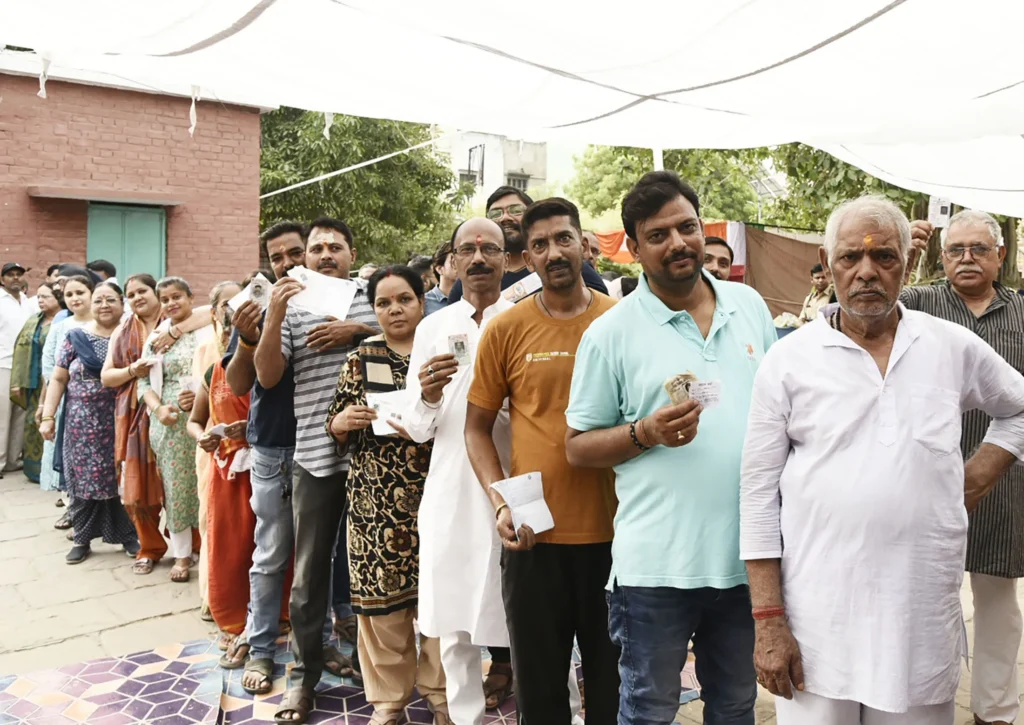The Institute of Chartered Accountants of India (ICAI) will assess the financial aspects of the ‘One Nation One Election’ (ONOE) proposal. This assessment will help a Parliamentary committee better understand the financial impact. The government aims to introduce simultaneous elections for the Lok Sabha, Assembly, and local bodies.
Committee Pushes for Simultaneous Elections
In March 2024, a high-level committee led by former President Ram Nath Kovind presented its report. The committee recommended holding elections for all political bodies at the same time. In response, the government introduced two bills in December 2024. These bills aim to legally support the reform and streamline elections across the country.
The bills are currently under review by a 39-member Joint Parliamentary Committee. The committee, chaired by BJP member P P Chaudhary, is reviewing the proposed legal framework based on the Kovind panel’s recommendations.
ICAI’s Role in Assessing Financial Implications
Charanjot Singh Nanda, President of ICAI, confirmed that the organization will assess the financial aspects of the ONOE reform. Nanda said ICAI’s report will help the Parliamentary panel understand the financial impact of holding simultaneous elections across the nation.
ICAI, with more than 450,000 members, plays an important role in providing insights on financial legislation. It also supports the government’s tax collection efforts. The ICAI will focus on the financial costs and potential savings of the ONOE reform.
Potential Benefits of ‘One Nation One Election’
The Kovind panel highlighted several benefits of holding simultaneous elections. The main advantage is transforming the electoral process and overall governance. Aligning election schedules will help optimize resources and reduce logistical challenges.
Additionally, the panel believes this reform will encourage more voter participation. With fewer elections, voters are likely to engage in a single, streamlined process. The reform could also address voter fatigue caused by frequent elections at different levels.
Economic Impact of Simultaneous Elections
The Kovind panel’s report included a research paper on the economic impact of synchronized elections. The research suggests that synchronized elections lead to higher economic growth, lower inflation, higher investments, and better public spending compared to non-synchronized elections.
The paper also found that synchronized election cycles lead to more efficient government spending. It allows for better planning and resource allocation, which can result in stronger economic outcomes.
Next Steps for the Parliamentary Committee
The Joint Parliamentary Committee will continue reviewing the ONOE bills in the coming months. After considering ICAI’s financial assessment and other input, the committee will decide whether to move forward with the bills.
If the bills pass, India could see a significant shift in how elections are held. This change could make the electoral process more efficient and cost-effective.

